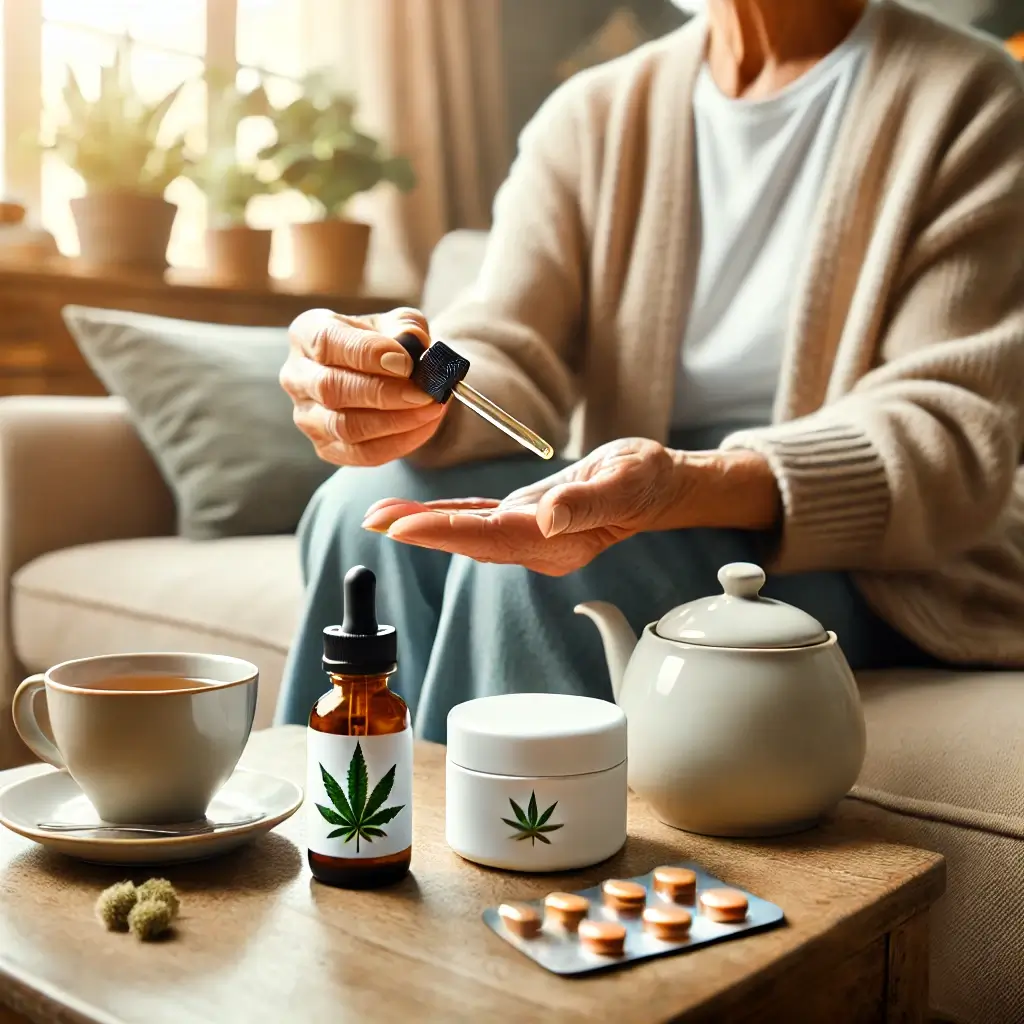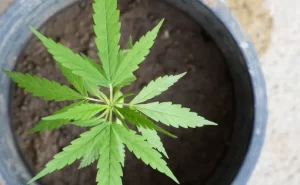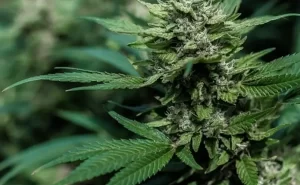Latest Research: How Different Cannabis Administration Methods Are Transforming Senior Care
Understanding Age-Related Health Challenges and Cannabis Solutions
Aging often brings a host of health challenges, including chronic pain and mobility issues, arthritis and anxiety, sleep disturbances, and mobility issues. Traditional treatments, while effective for some, can come with side effects or limited efficacy, leaving many seniors searching for alternatives. Enter medical cannabis—a natural remedy offering promising solutions for a variety of age-related conditions.
Growing Popularity Among Older Adults
The increasing popularity of medical cannabis among older adults is no coincidence. Its ability to manage symptoms without the severe side effects often associated with opioids or sedatives makes it a compelling option. However, its effectiveness depends significantly on the delivery method used. For seniors, this choice is particularly critical due to age-related physiological changes such as slowed metabolism, increased medication sensitivity, and altered absorption rates.
Understanding Cannabis Delivery Methods
Cannabis delivery methods—whether oral, inhalation, or topical—offer unique benefits and considerations, each suited to different needs. Understanding these options is vital to ensuring that seniors receive safe and effective relief tailored to their conditions. This article explores the latest research on cannabis delivery methods, their clinical applications, and strategies to optimize their use for older adults.
Medical Research and Delivery Methods for Geriatric Care
Medical cannabis delivery methods for seniors are as diverse as the conditions they address. Oral administration, including tinctures, capsules, and edibles, is often the most practical choice for seniors. These methods provide sustained relief, making them ideal for chronic conditions like arthritis or persistent pain. The slow onset of effects—typically 30 to 90 minutes—is offset by longer-lasting benefits, which can last up to 8 hours. A 2022 study published in The Journal of Cannabis and Cannabinoid Research found that 68% of senior participants using oral CBD experienced significant pain reduction, with minimal adverse effects.
Inhalation Methods and Recent Research
Inhalation methods—such as vaping and smoking—stand out for their rapid onset of action, providing relief within minutes. These methods are particularly effective for acute symptoms like sudden pain or nausea. However, inhalation poses risks for seniors with respiratory conditions. Recent advancements in vaporizer technology have improved safety, offering precise dosing and reduced exposure to harmful byproducts. Research from Cannabis Science and Technology in 2021 emphasized the importance of education and monitoring when introducing inhalation methods to older adults.
Topical Applications and Their Benefits
Topical applications for localized symptom relief—creams, balms, and patches—are increasingly popular among seniors. These products deliver cannabinoids directly to affected areas without entering the bloodstream, reducing the risk of systemic side effects. A 2021 study in The Gerontologist highlighted that seniors using CBD-infused topicals reported up to 75% improvement in arthritis-related pain, with added benefits for skin health.
Recent Trends in Cannabis Research
Recent trends in cannabis research include combination therapies for comprehensive symptom management. For instance, using a topical cream for joint pain alongside an oral tincture for overall wellness allows for comprehensive symptom management. These approaches reflect a shift toward personalized medicine, with cannabis regimens tailored to the individual needs of older adults.
Policy Changes and Accessibility
Policy changes have also made cannabis more accessible to seniors. The 2024 U.S. federal rescheduling of cannabis has spurred increased research funding and facilitated greater access through medical dispensaries. Many dispensaries now offer senior-focused cannabis products and education, including low-dose edibles, THC-free tinctures, and user-friendly topicals. Additionally, workshops and resources designed for older adults have demystified cannabis use, empowering seniors to make informed decisions about their health.
Best Practices for Senior Cannabis Use
Consult with Healthcare Providers: Seniors should always discuss cannabis use with their healthcare provider to address potential drug interactions and ensure compatibility with existing treatments.
Start Low, Go Slow: Begin with low doses to gauge tolerance, especially for THC-containing products. Gradual increases can minimize the risk of side effects.
Prioritize CBD-Dominant Products: CBD provides therapeutic benefits without psychoactive effects, making it a preferred option for many seniors.
Explore Topical Solutions: For localized pain or inflammation, topicals offer targeted relief without systemic absorption.
Monitor and Adjust: Keep a journal to track symptoms, side effects, and overall response to treatment. Adjust delivery methods or dosages as needed.
Educate on Proper Use: Ensure seniors understand how to use their chosen delivery methods safely and effectively, including storage and dosing guidelines.
Looking to the Future of Senior Cannabis Care
Medical cannabis for senior healthcare is revolutionizing senior healthcare, offering a safer and more effective alternative to traditional treatments. By understanding the unique benefits and considerations of different delivery methods, seniors can optimize their cannabis experience and achieve better health outcomes.
Final Thoughts on Cannabis Delivery Methods
Whether through oral administration, inhalation, or topical applications, each method offers valuable tools for managing age-related conditions. As research and education continue to expand, the path to personalized cannabis care for seniors becomes clearer, empowering seniors to take control of their wellness.
Additional Resources
For more information, refer to studies such as “Localized Pain Relief with CBD Topicals” (The Gerontologist, 2021) and “The Impact of Oral Cannabis on Chronic Pain” (The Journal of Cannabis and Cannabinoid Research, 2022). With informed choices and proper guidance, cannabis can unlock new possibilities for healthier, happier aging.













